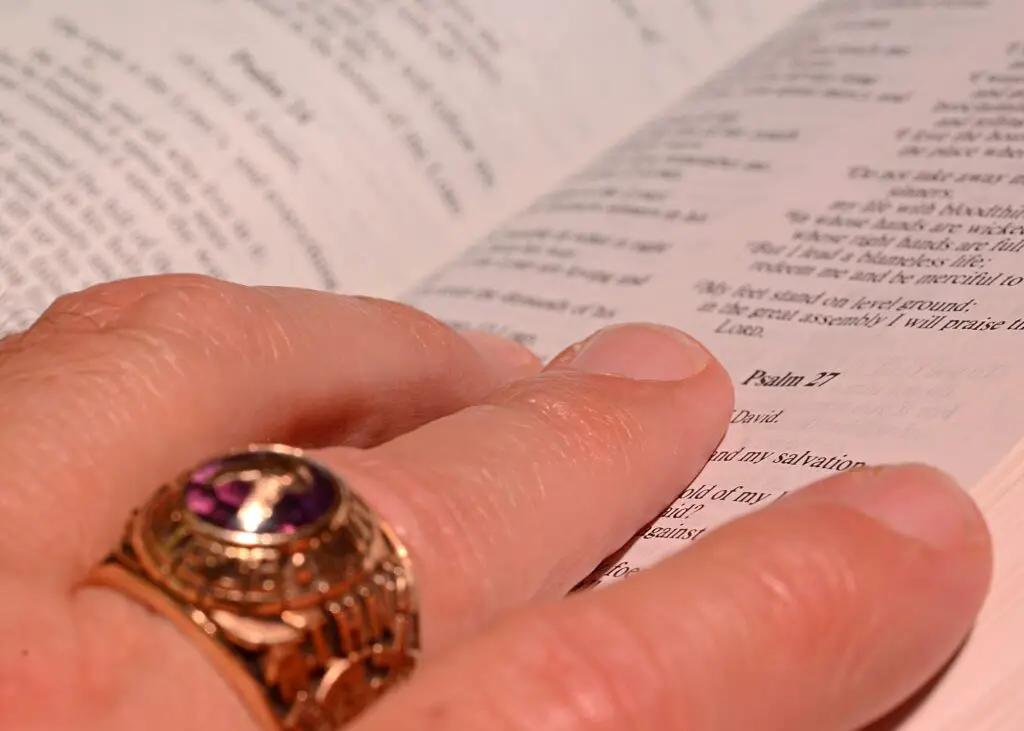



Reading the Bible can be a daunting task, especially for young people who may not be familiar with the structure and content of the book. However, the Bible is an important resource for spiritual growth and understanding, and it is crucial for young people to develop a habit of reading it regularly. In this beginner's guide, we will explore where to start reading the Bible for youth.
The Gospels are the first four books of the New Testament: Matthew, Mark, Luke, and John. They tell the story of Jesus Christ's life, teachings, death, and resurrection. These books are a great place to start for young people because they provide an introduction to the central figure of the Christian faith.
Matthew, Mark, and Luke are known as the Synoptic Gospels because they share many of the same stories and teachings. John, on the other hand, is more reflective and philosophical in nature.
Here are some key passages to start with:
The book of Psalms is a collection of 150 poems and songs that were used in worship in ancient Israel. They cover a wide range of emotions and themes, including praise, thanksgiving, lament, and wisdom.
The Psalms are a great place to start for young people because they provide a glimpse into the personal and emotional side of faith. They also offer a model for how to pray and express oneself to God.
Here are some key Psalms to start with:
The book of Proverbs is a collection of sayings and teachings that offer practical wisdom for daily living. They cover a wide range of topics, including morality, ethics, relationships, and work.
The Proverbs are a great place to start for young people because they provide guidance and instruction for how to live a wise and fulfilling life. They also offer a model for how to seek wisdom and understanding from God.
Here are some key Proverbs to start with:
The letters of Paul are a collection of 13 New Testament books that were written by the apostle Paul to various churches and individuals. They cover a wide range of topics, including theology, ethics, and practical advice for living as a Christian.
The letters of Paul are a great place to start for young people because they offer a more in-depth exploration of Christian beliefs and practices. They also provide insight into the early Christian community and the challenges they faced.
Here are some key passages to start with:
Reading the Bible can be a lifelong journey of discovery and growth. For young people, it is important to start with the basics and gradually work their way up to more complex and challenging texts. The Gospels, Psalms, Proverbs, and letters of Paul are all great places to start for young people, as they offer a range of themes, styles, and teachings that can help them develop a solid foundation of faith.
For the word of God is alive and active. Sharper than any double-edged sword, it penetrates even to dividing soul and spirit, joints and marrow; it judges the thoughts and attitudes of the heart. - Hebrews 4:12
Let us encourage young people to read the Bible regularly and seek guidance from the Holy Spirit as they explore its depths and riches.
Related Posts